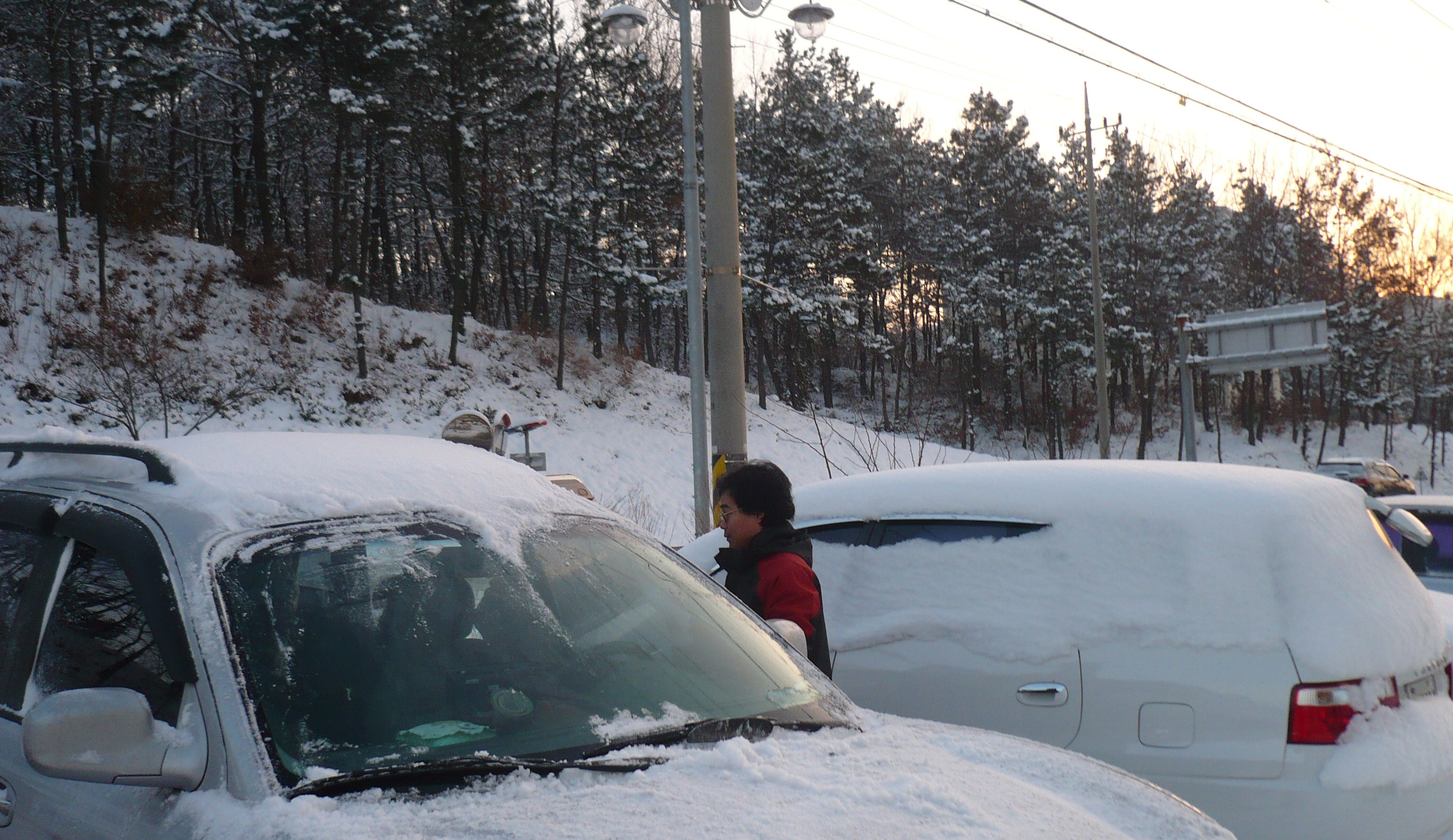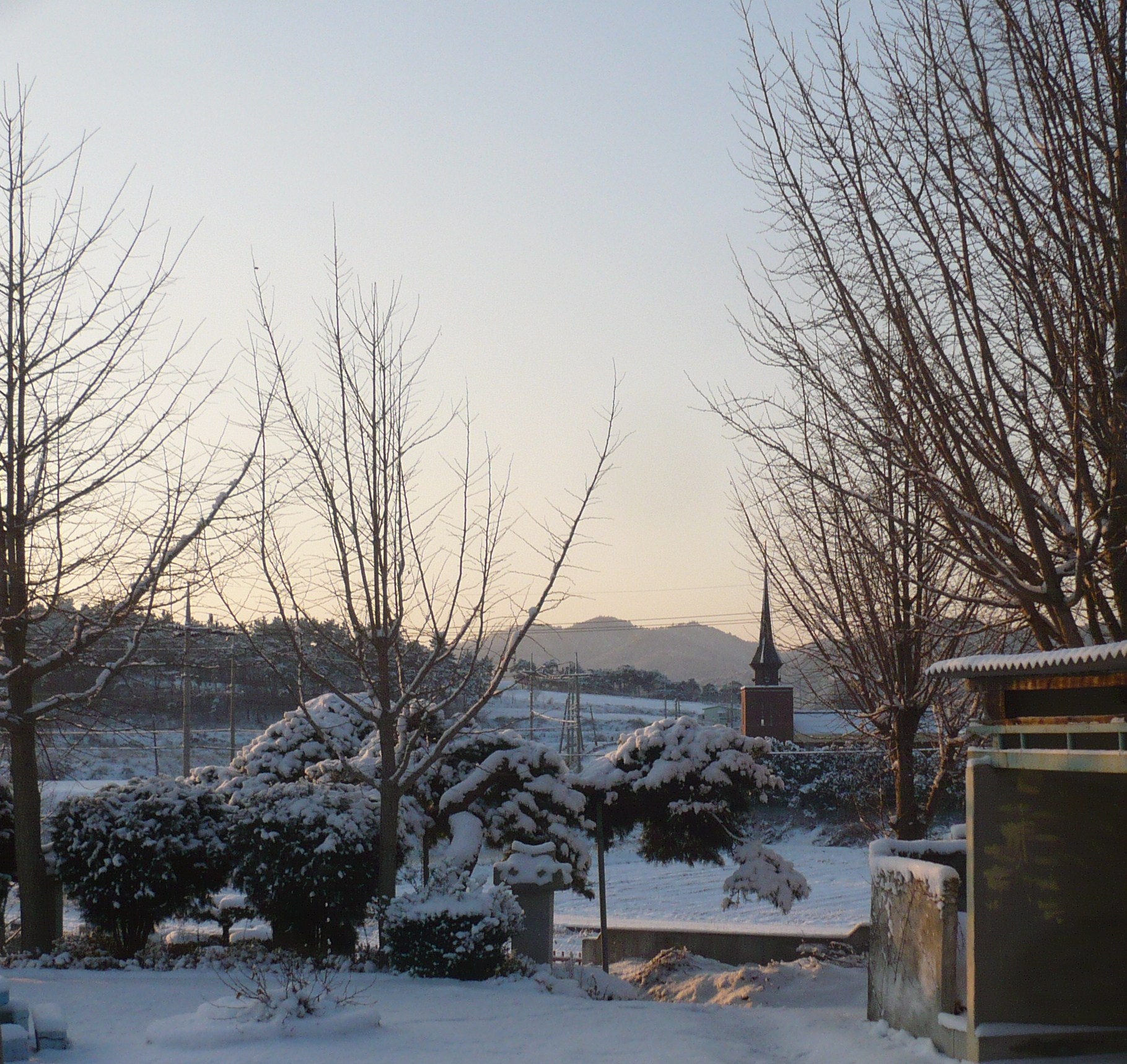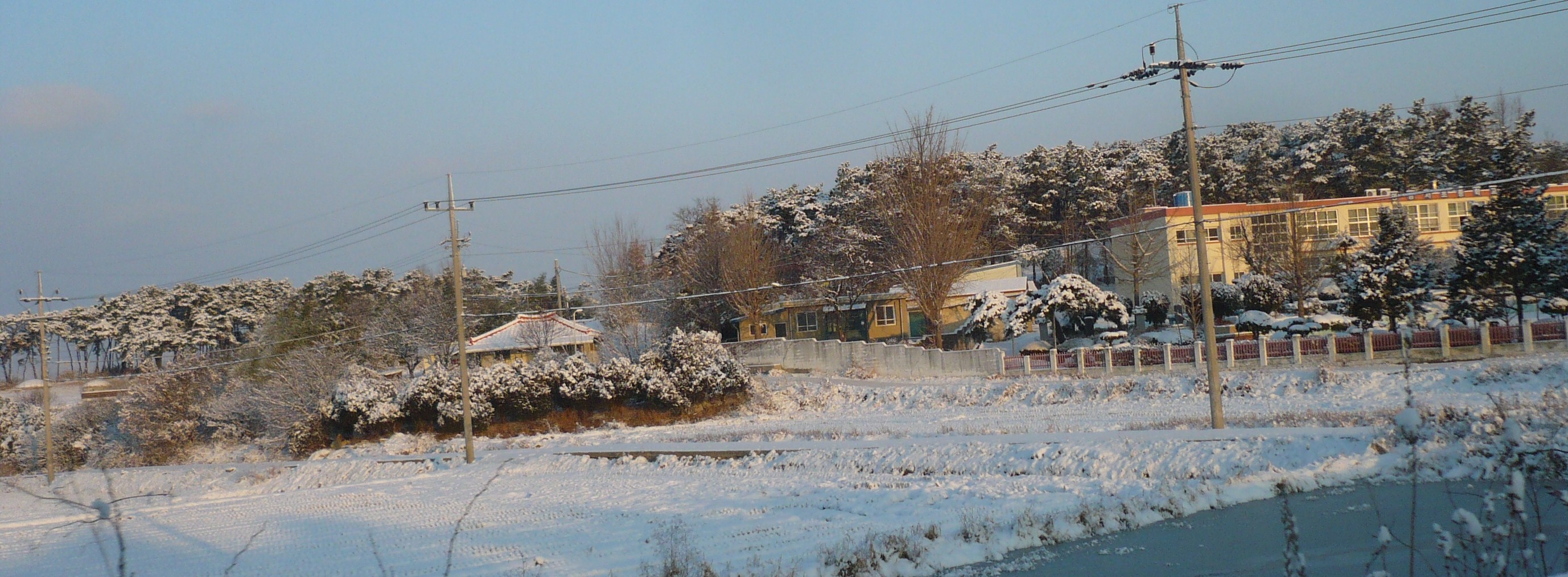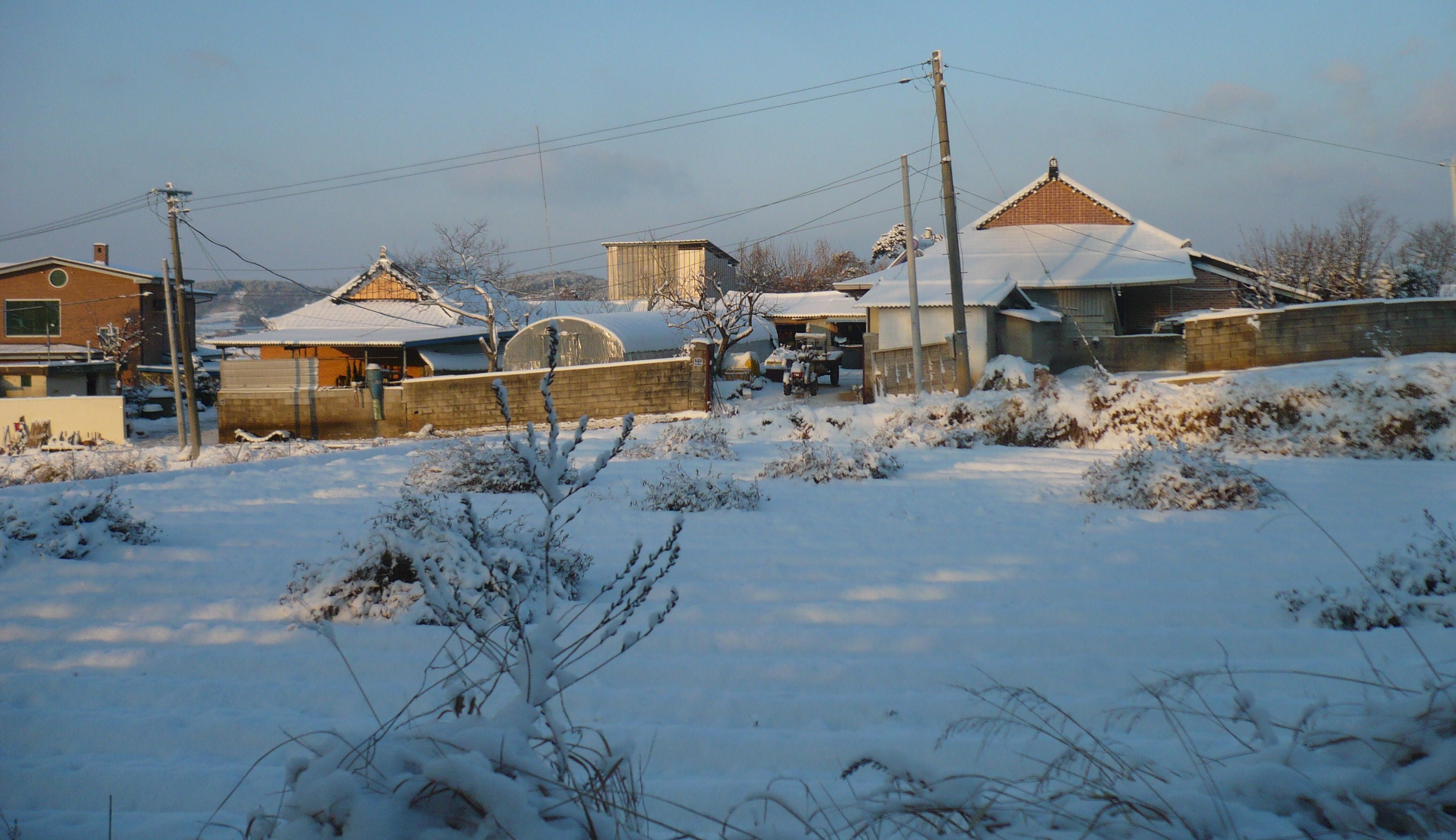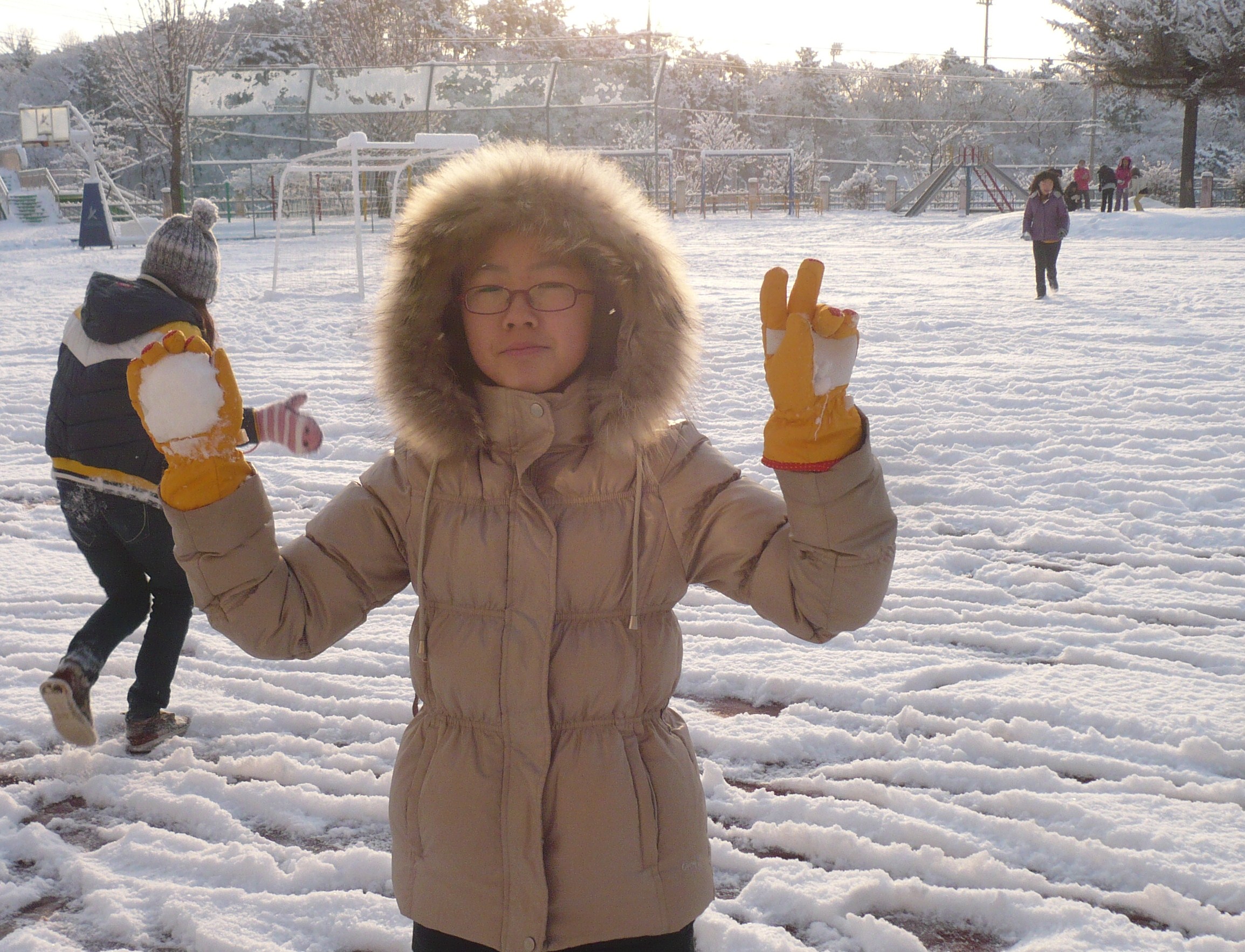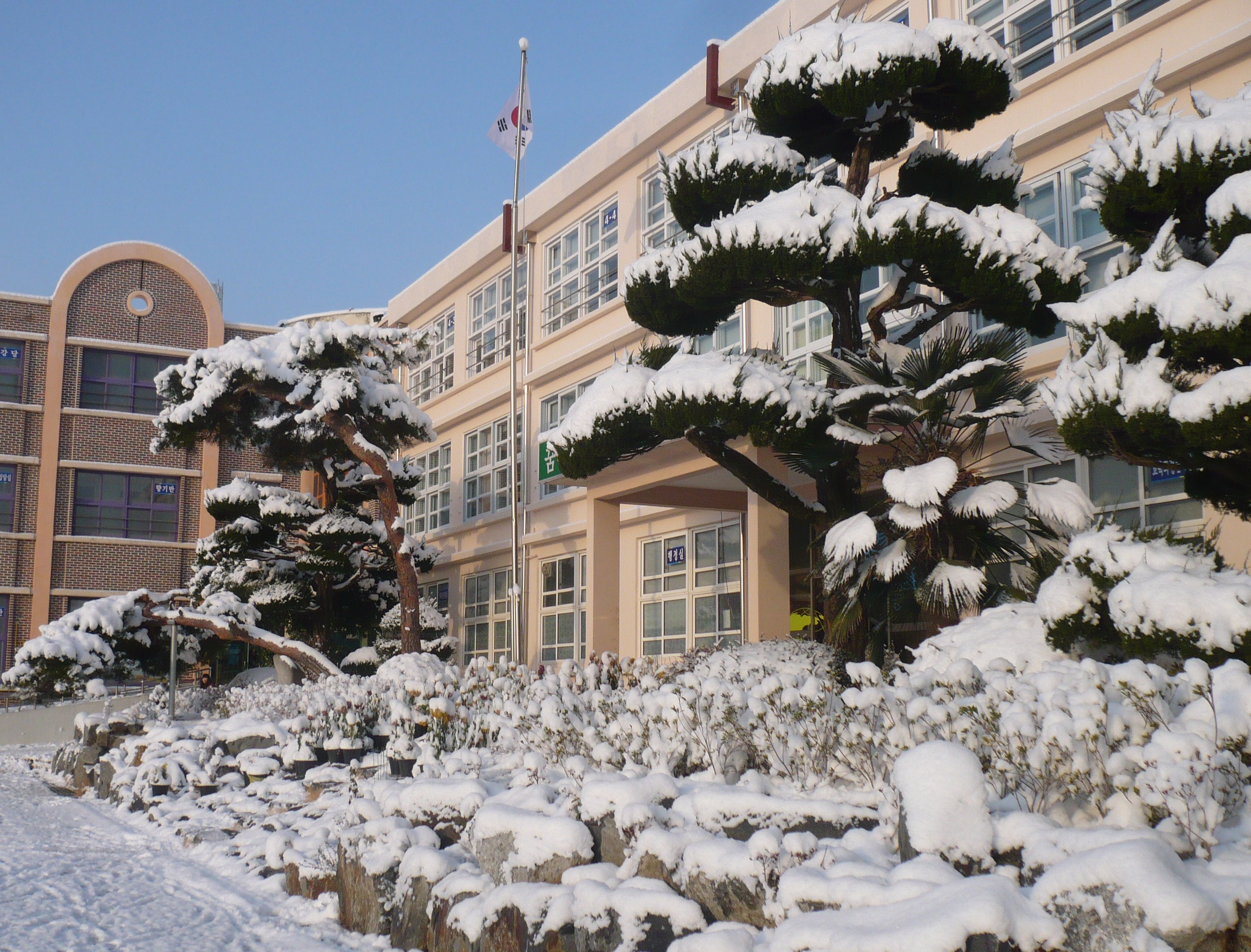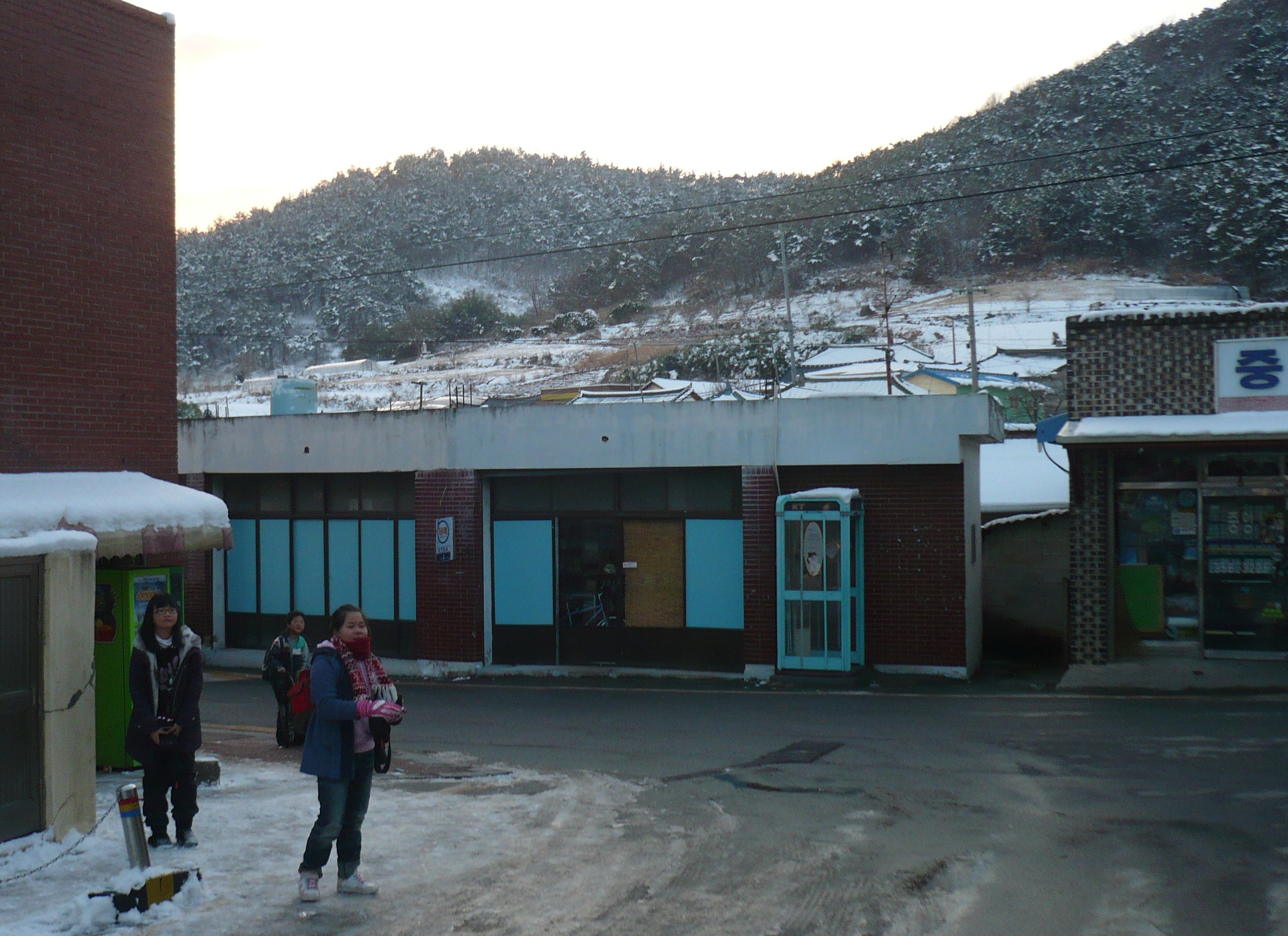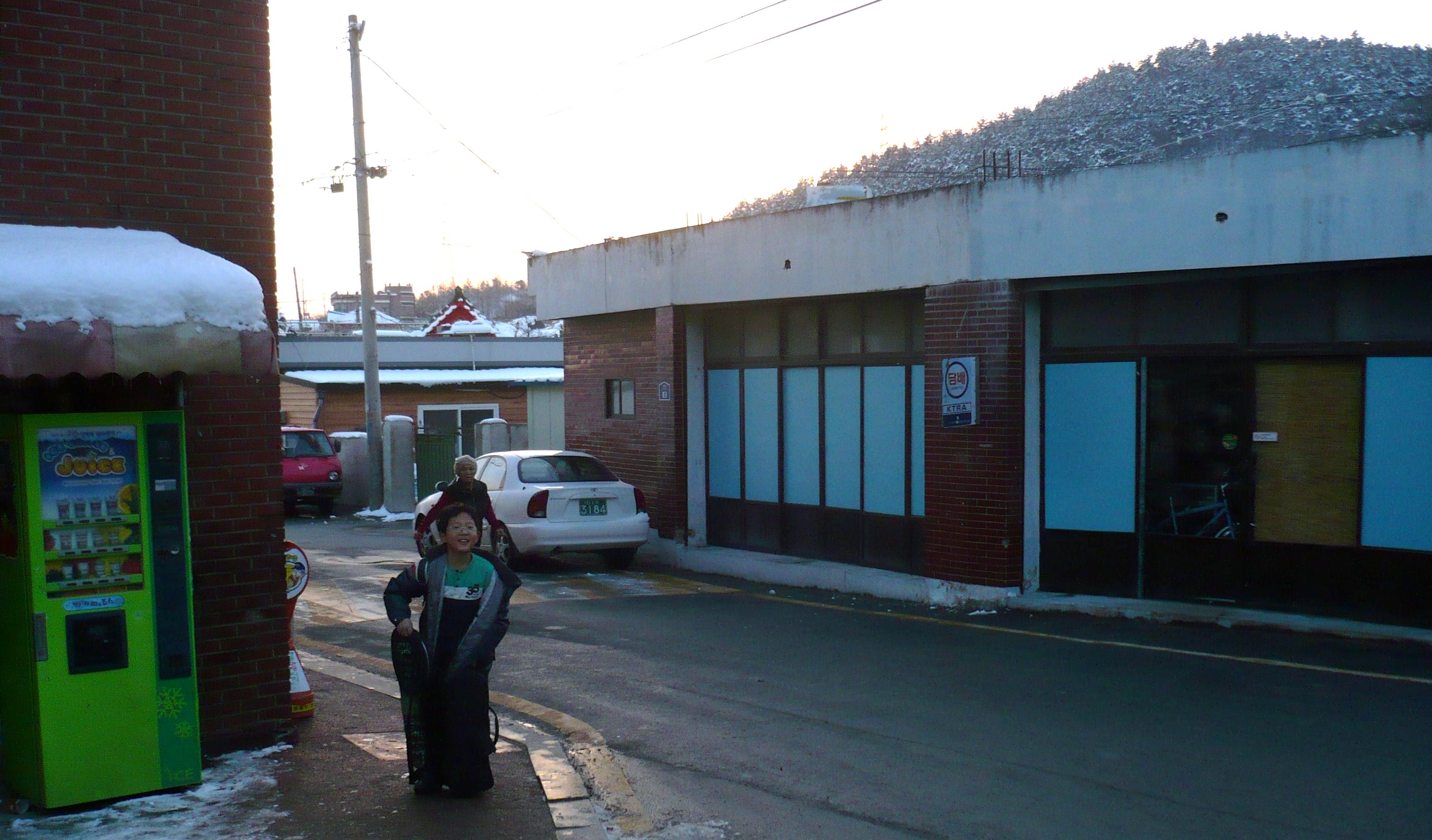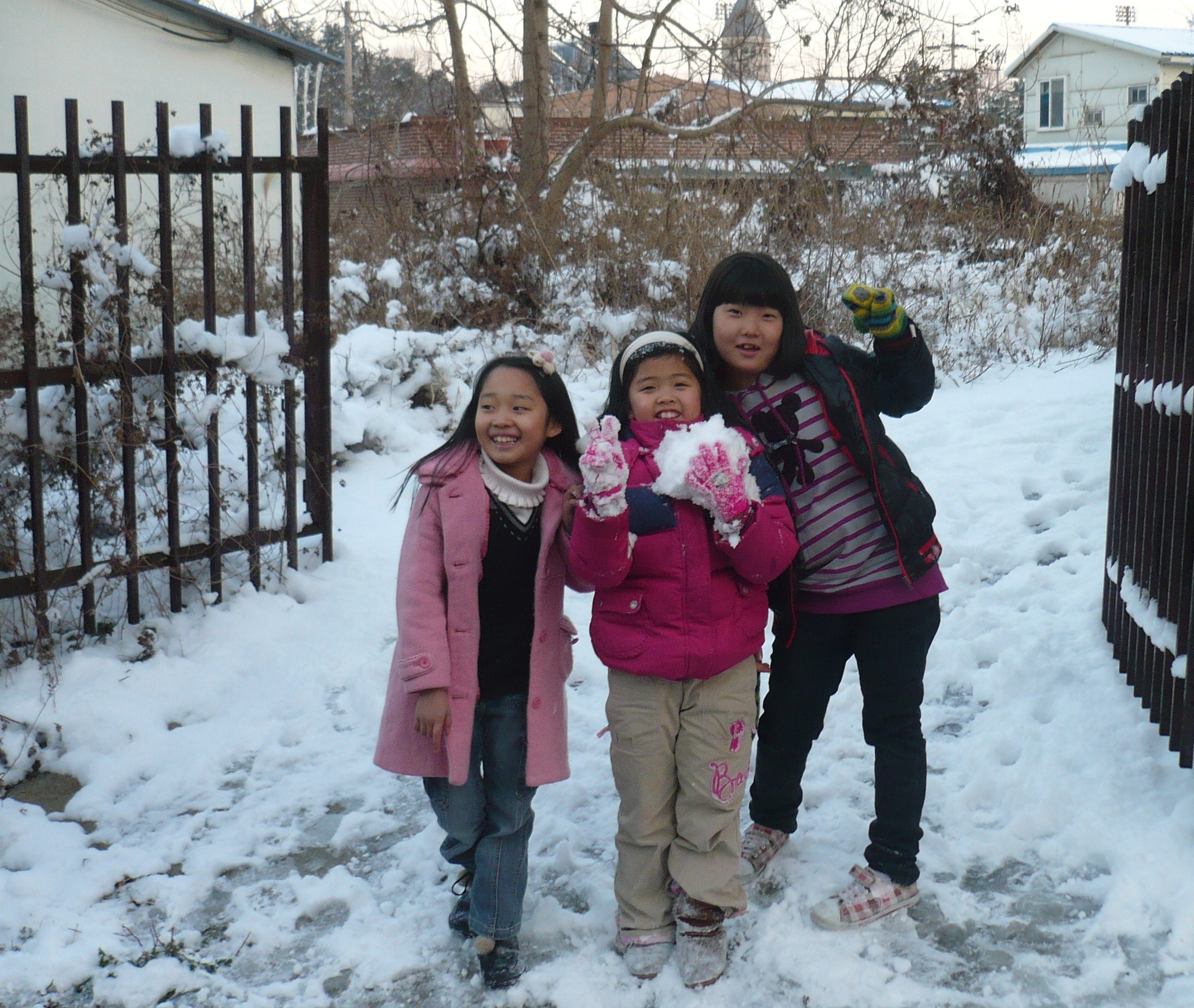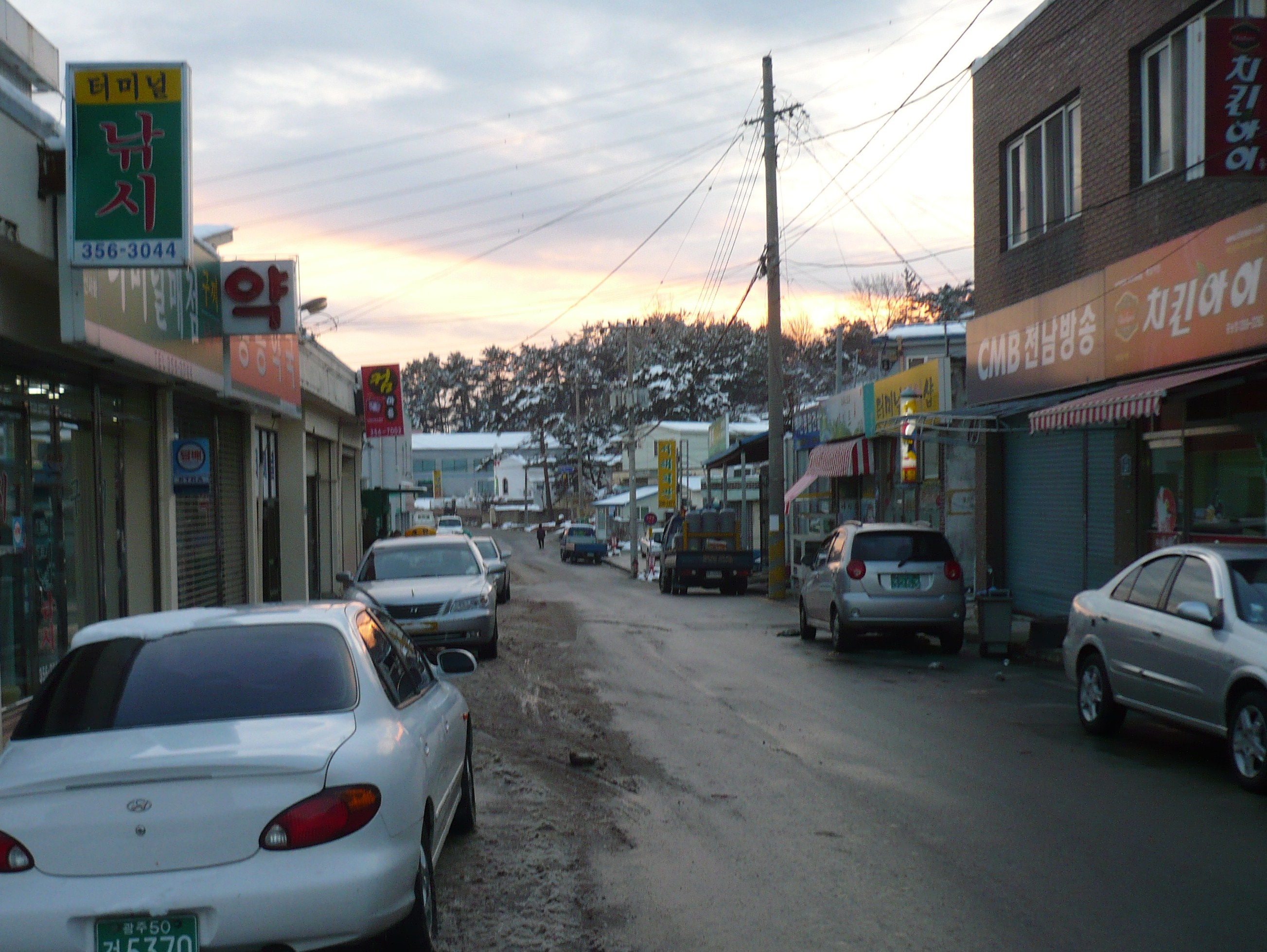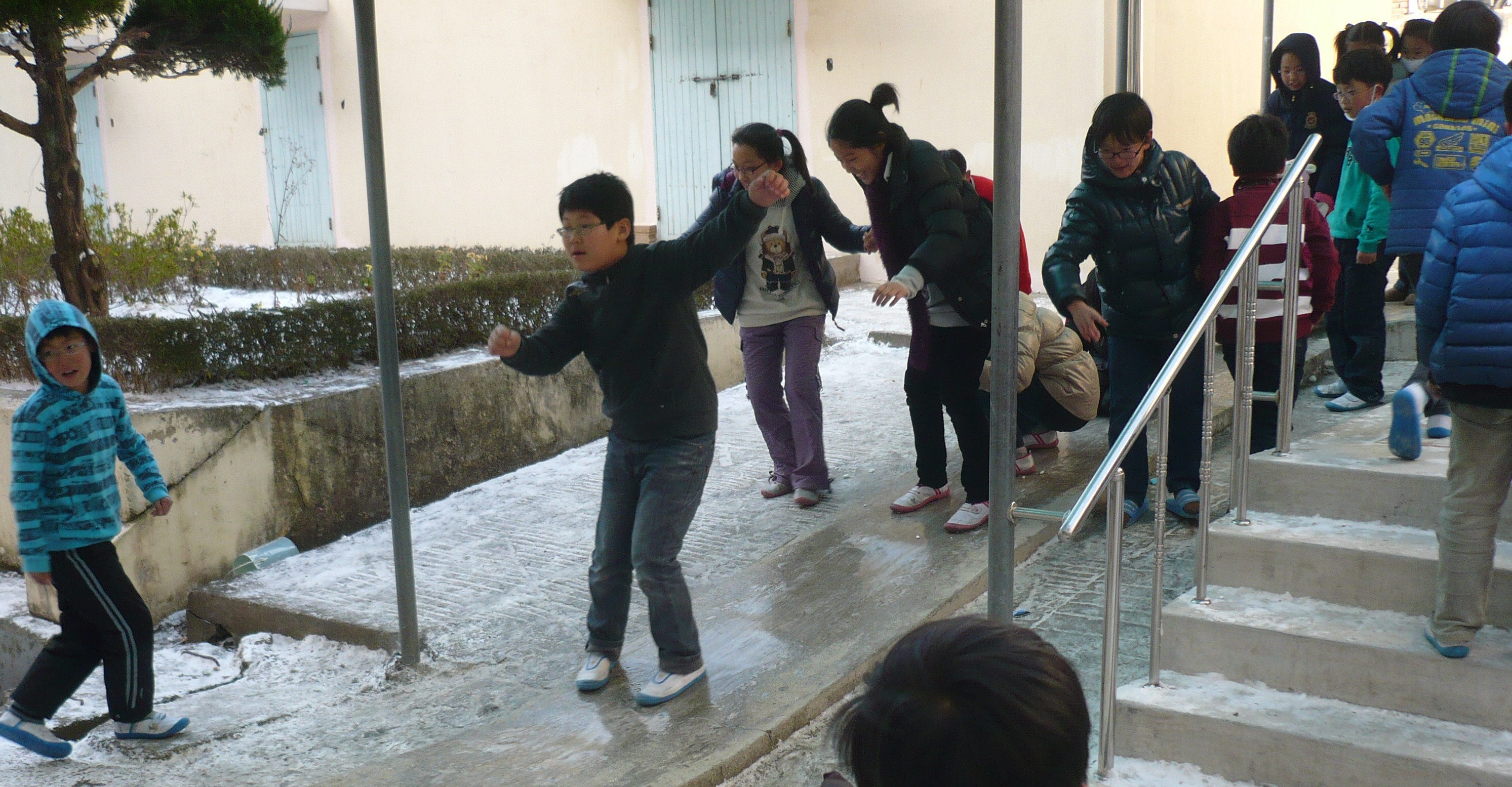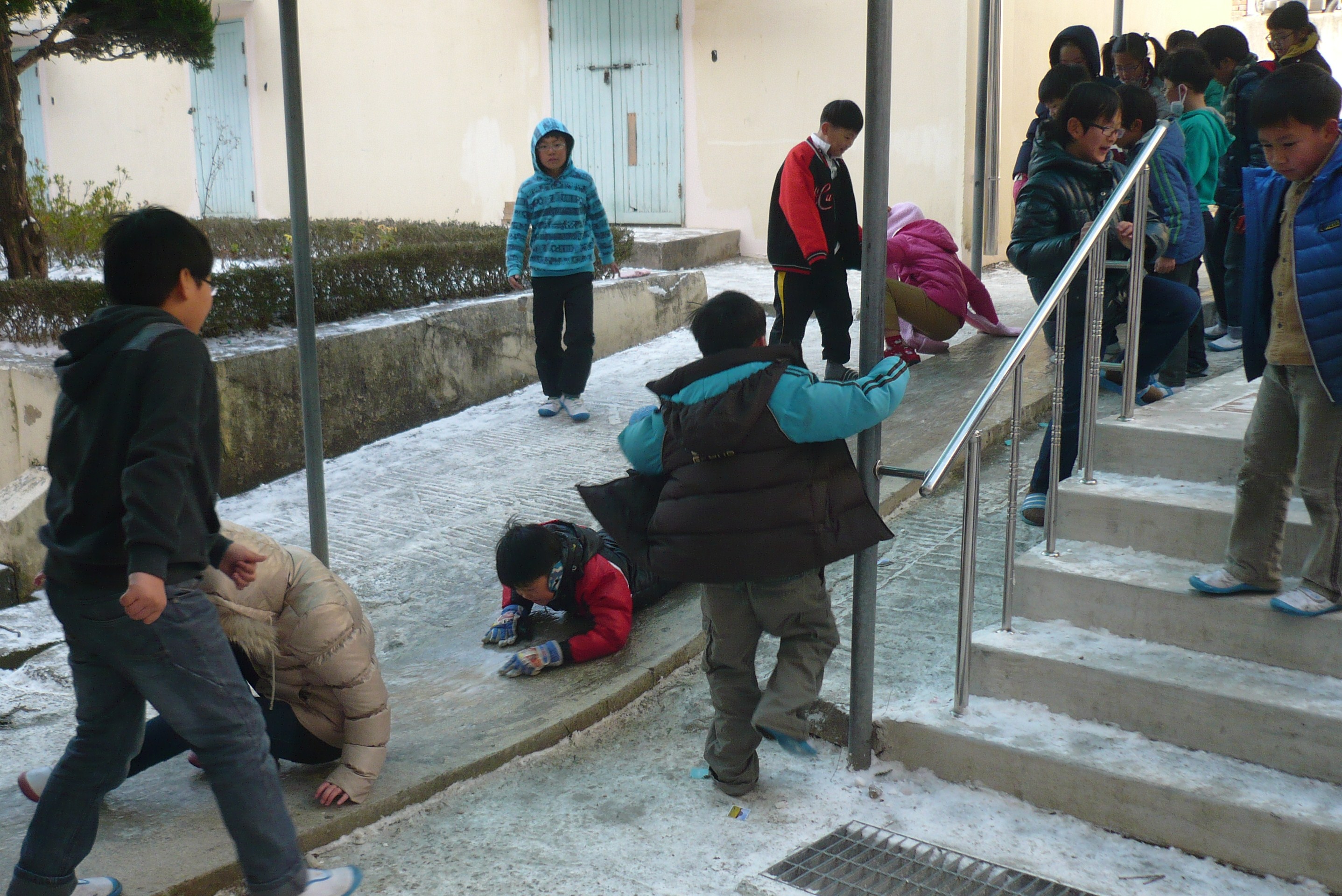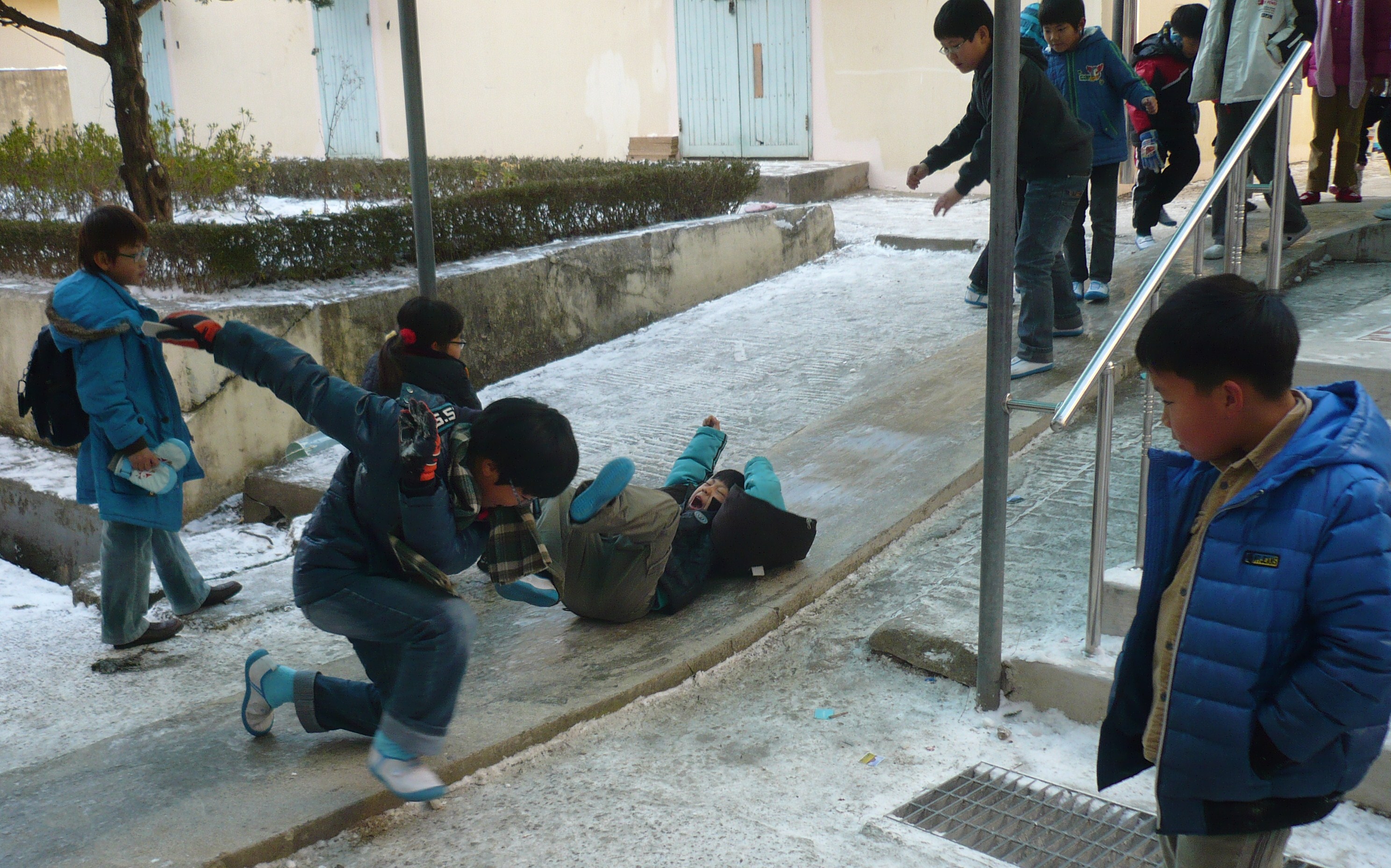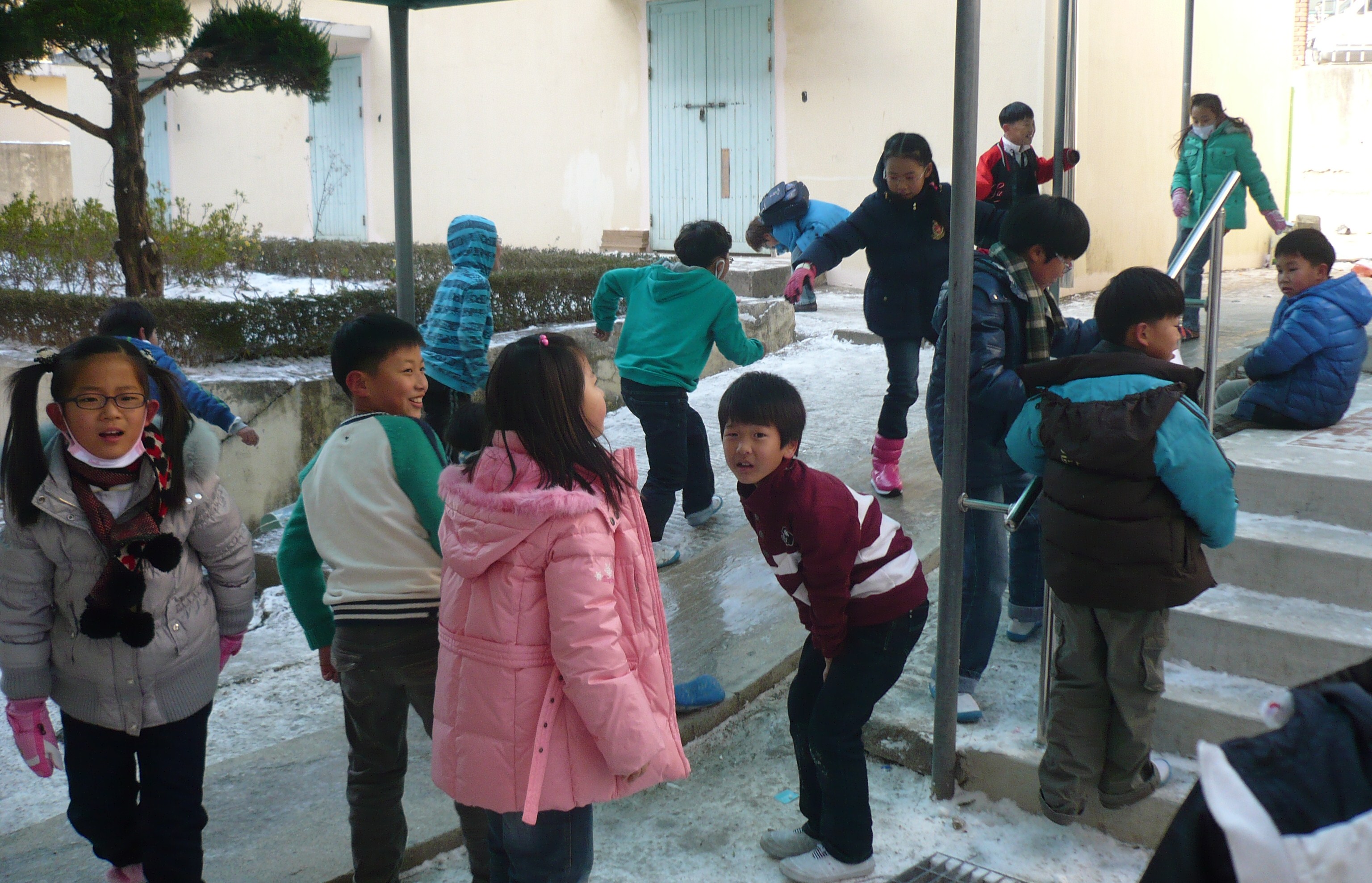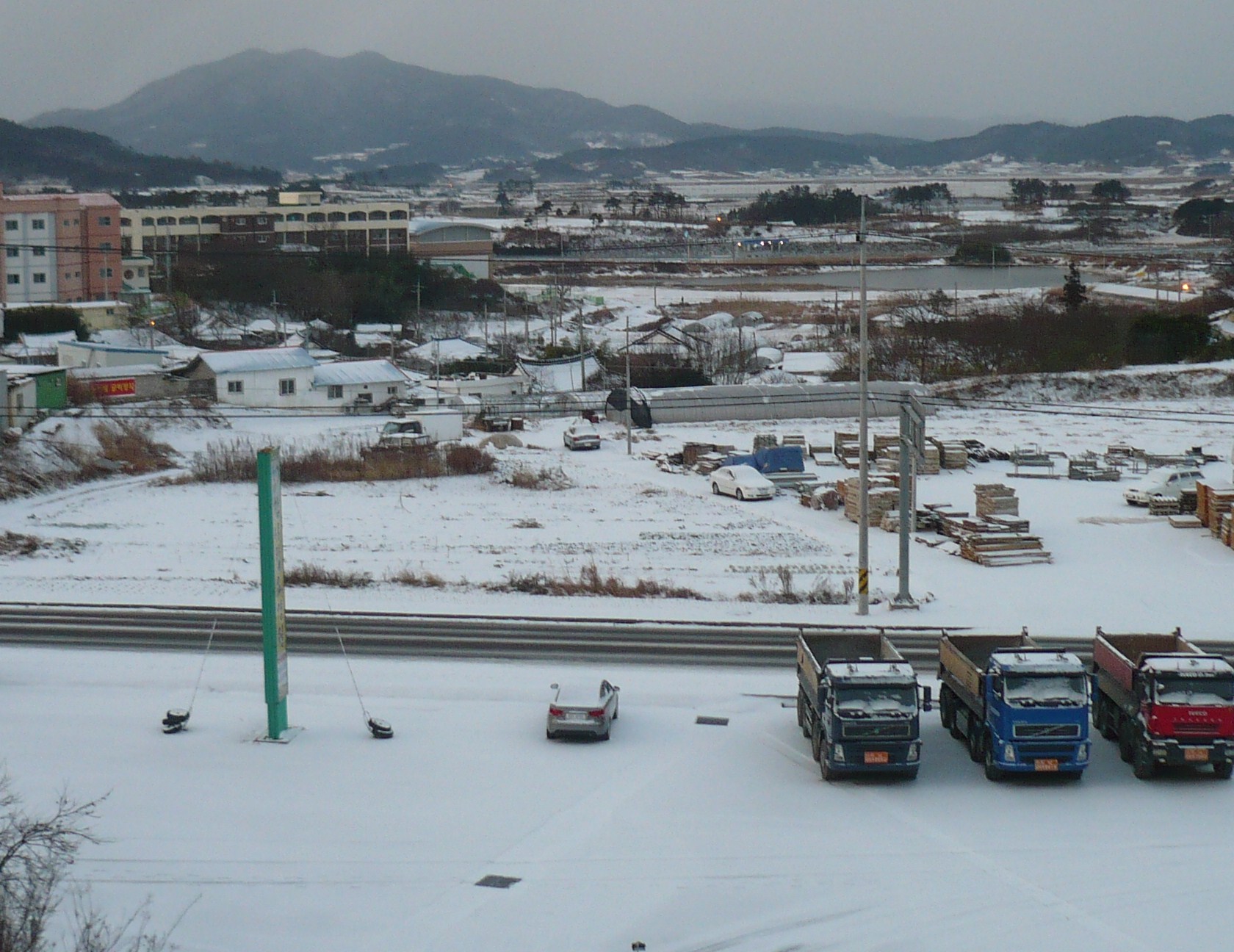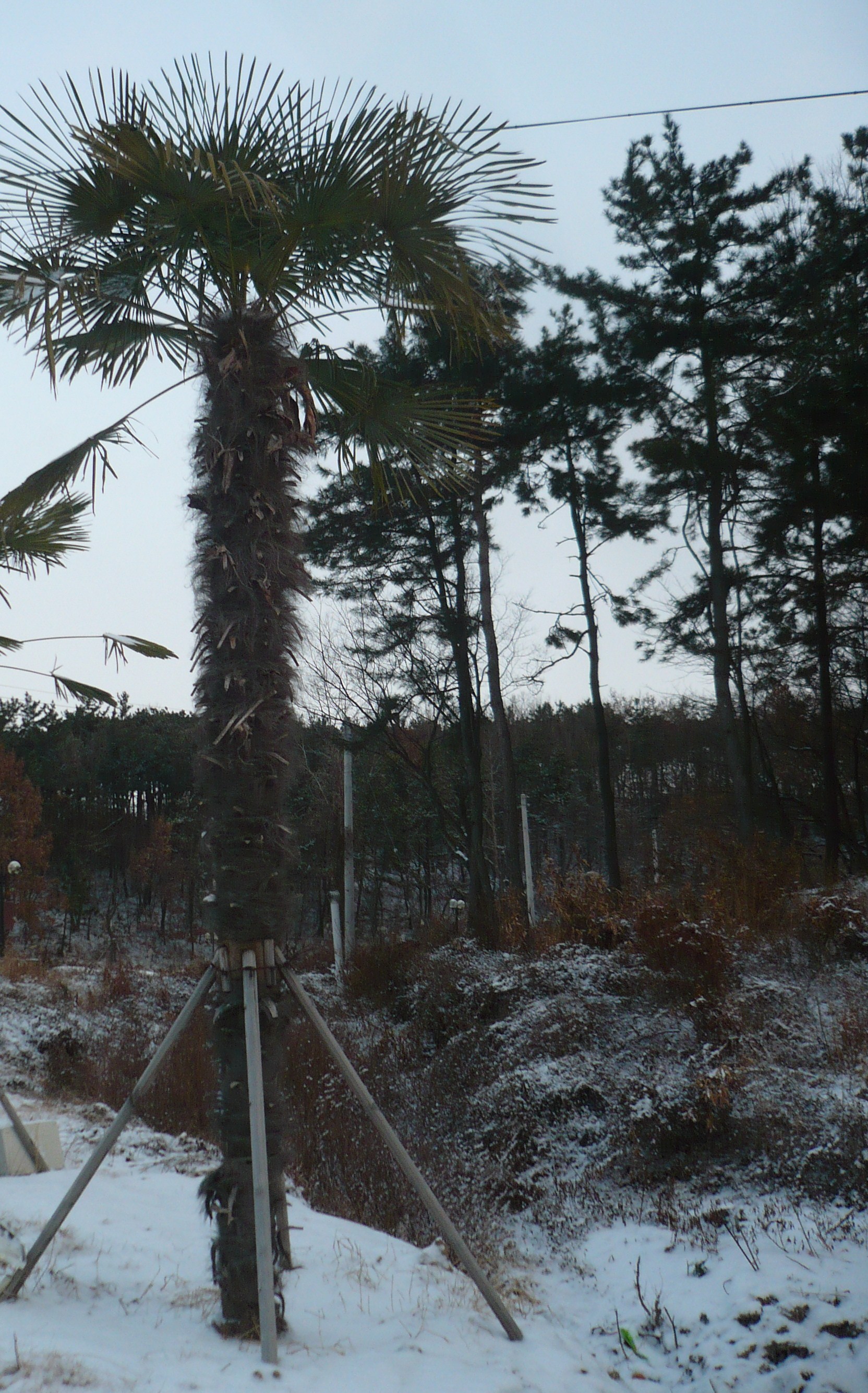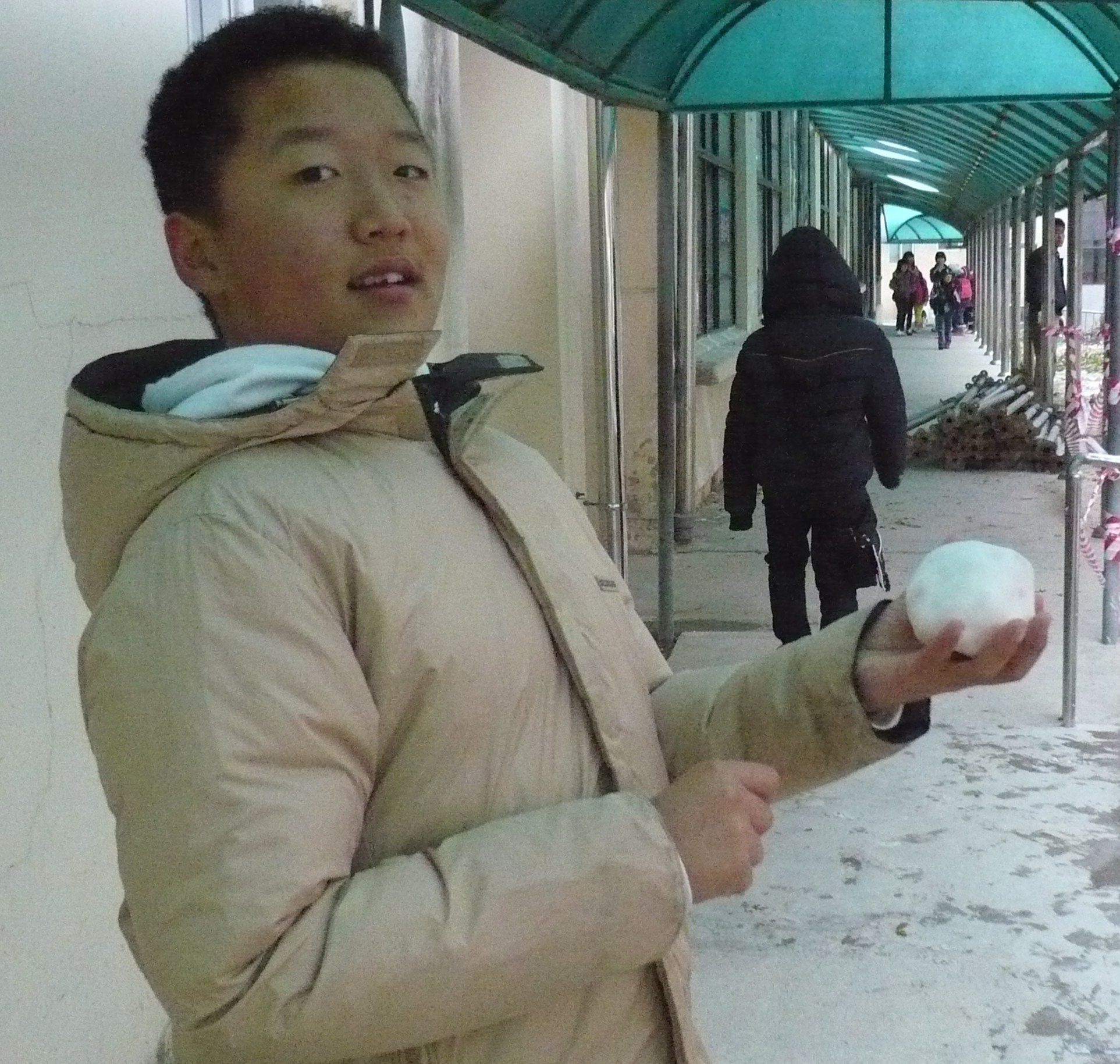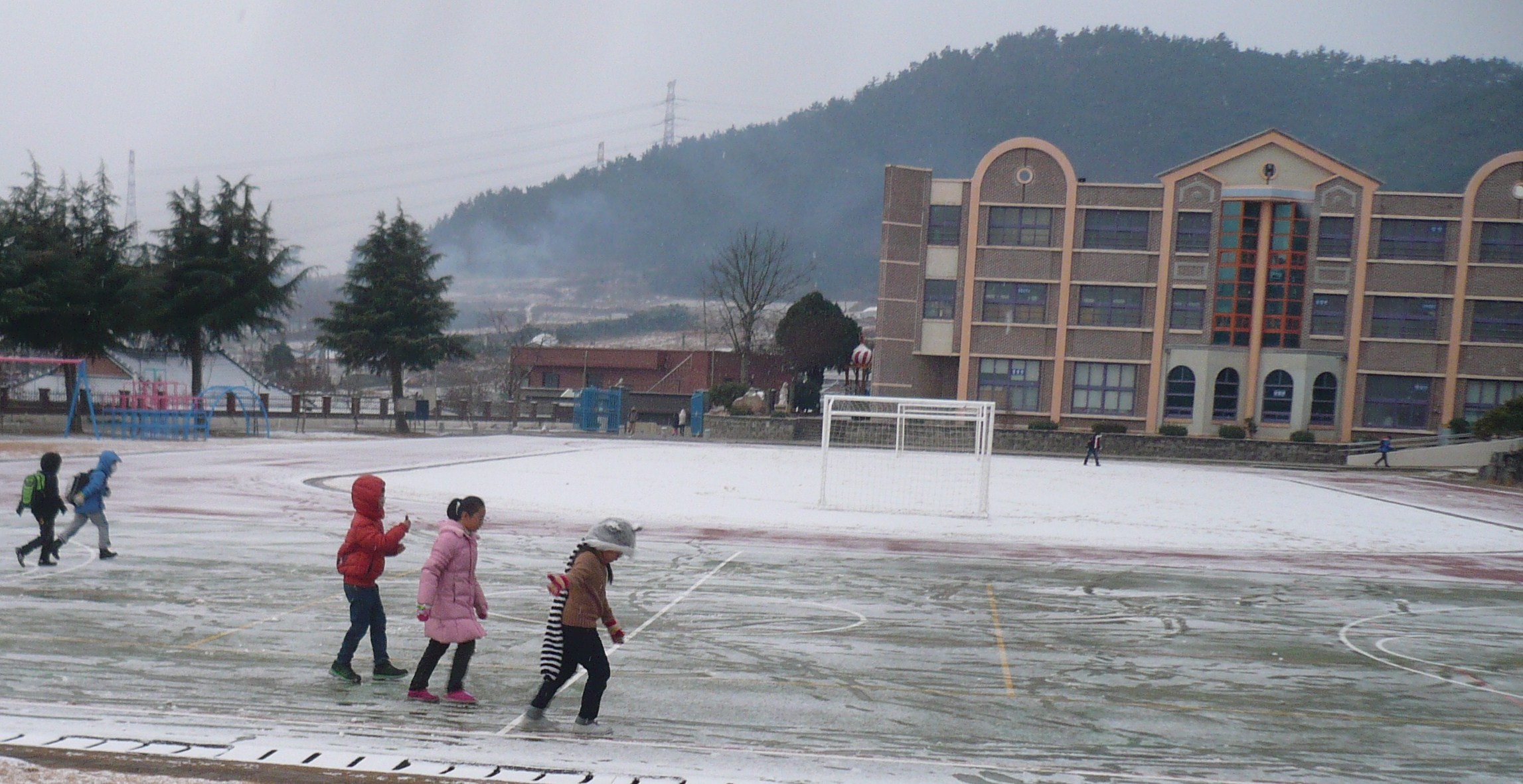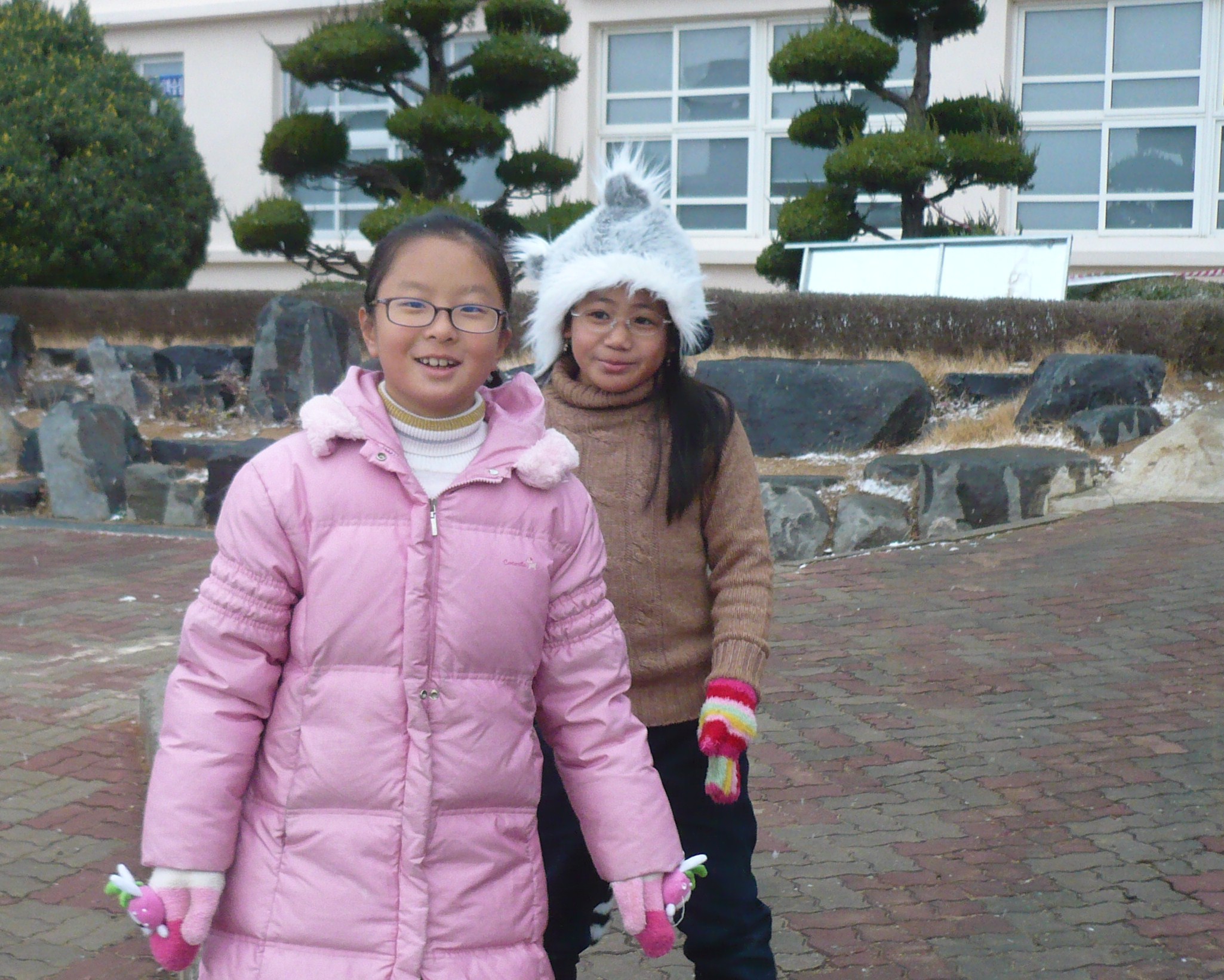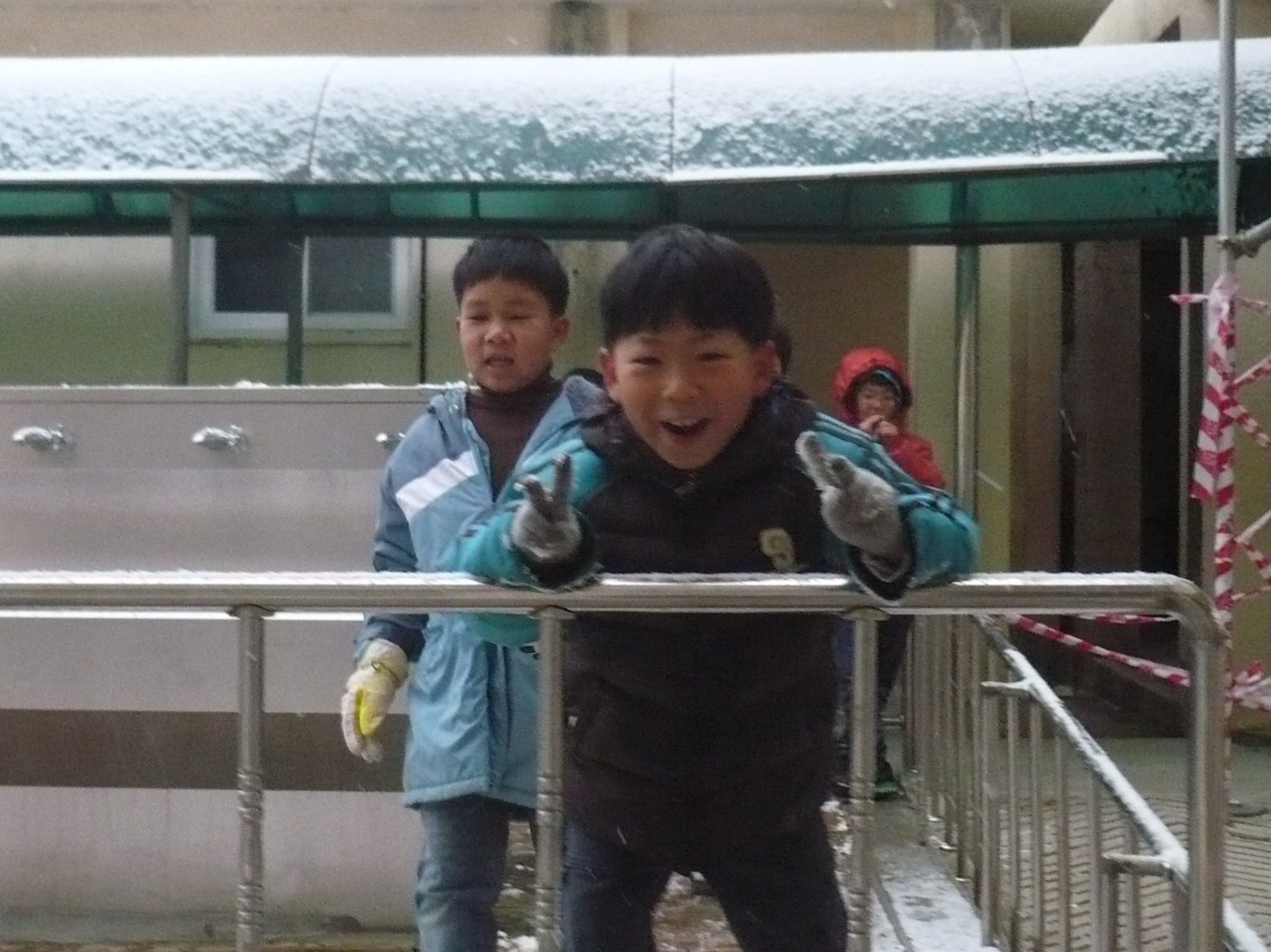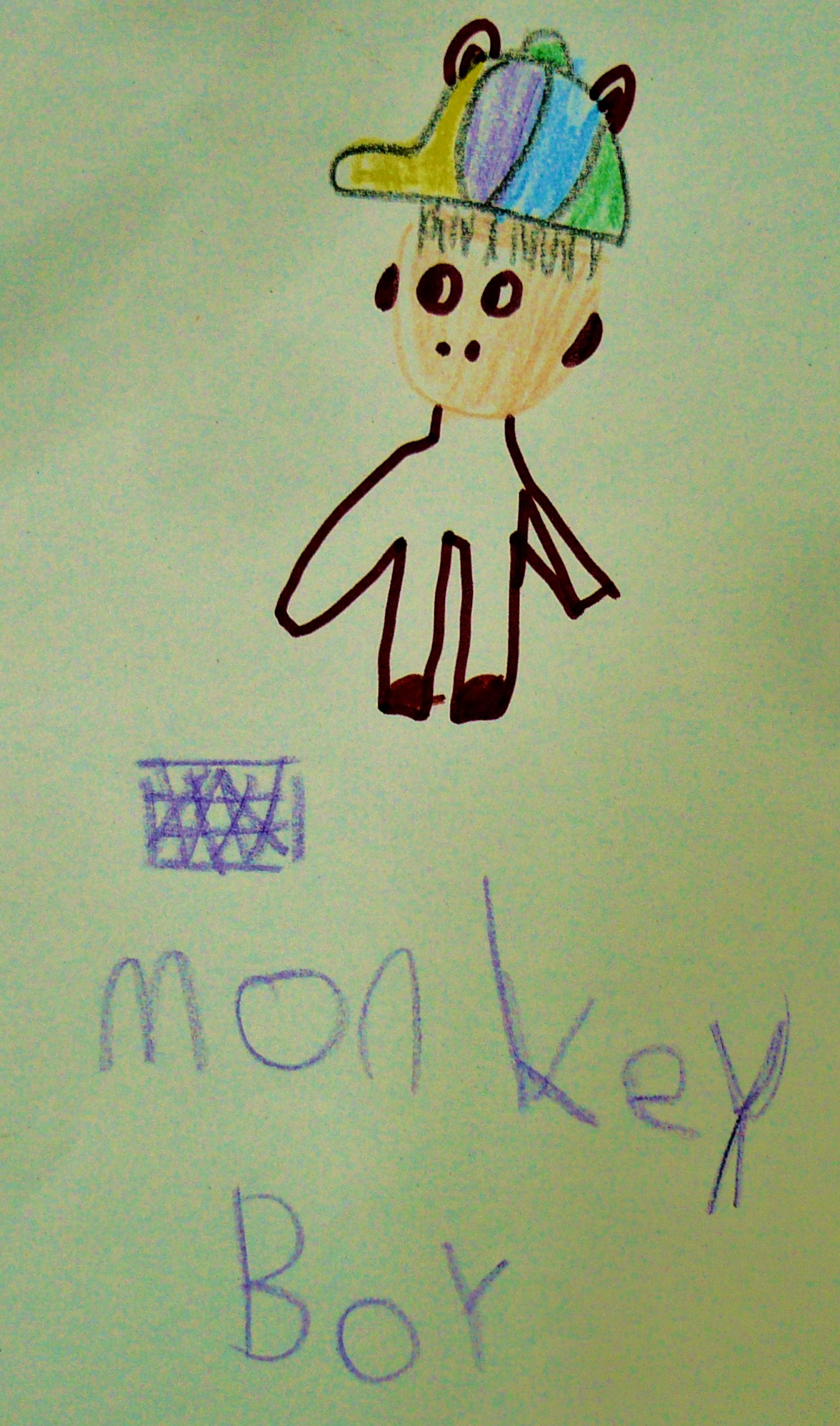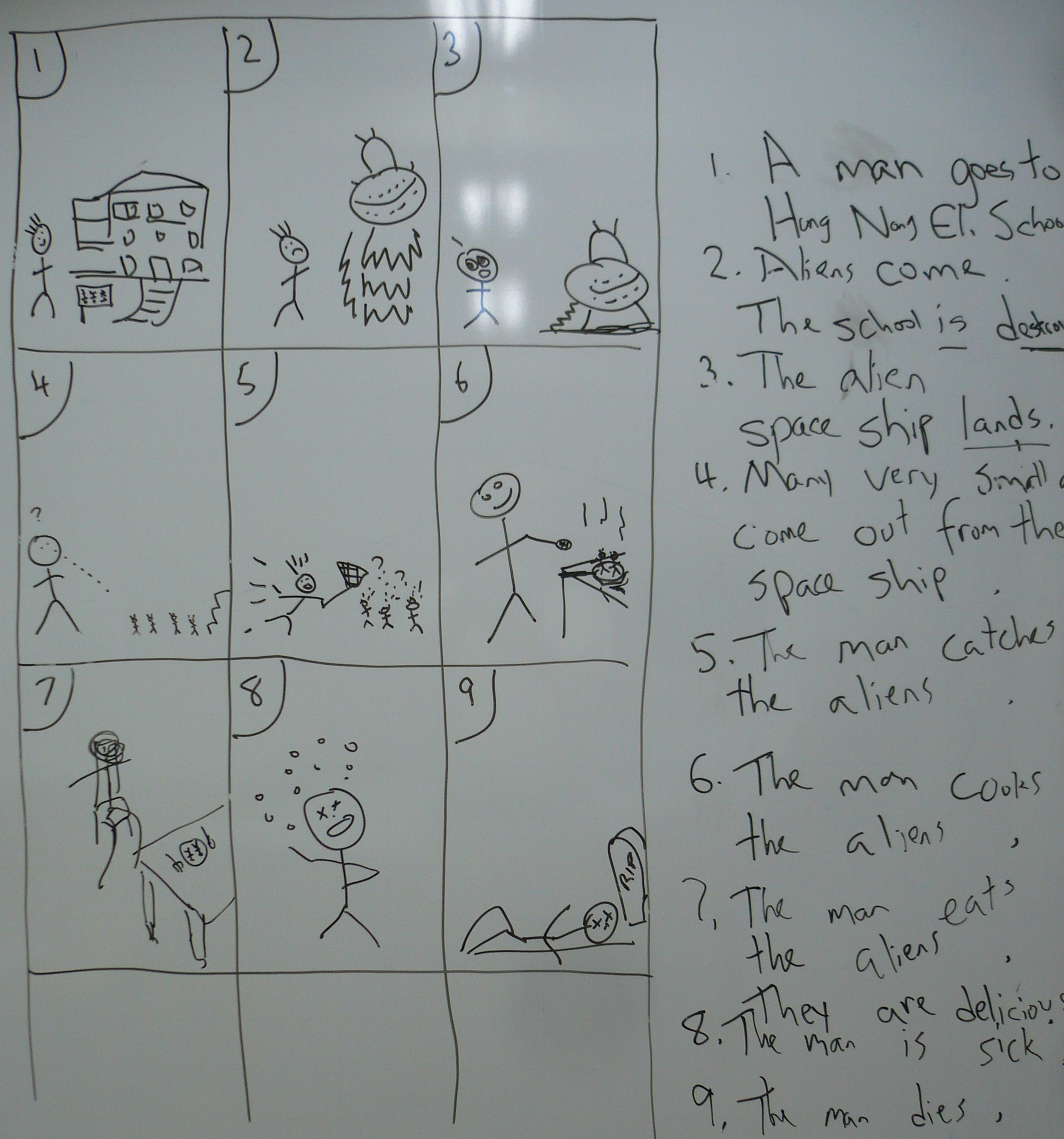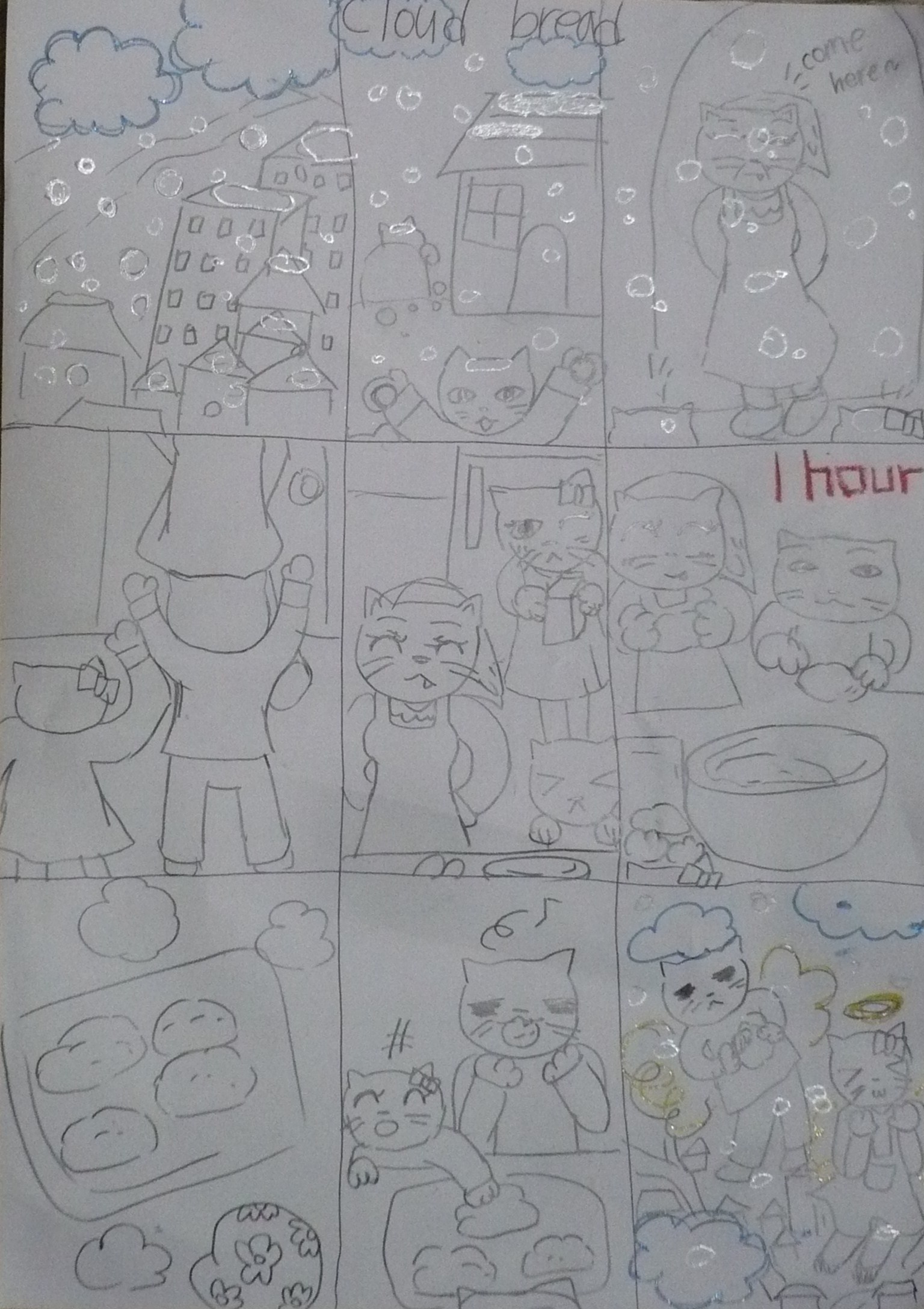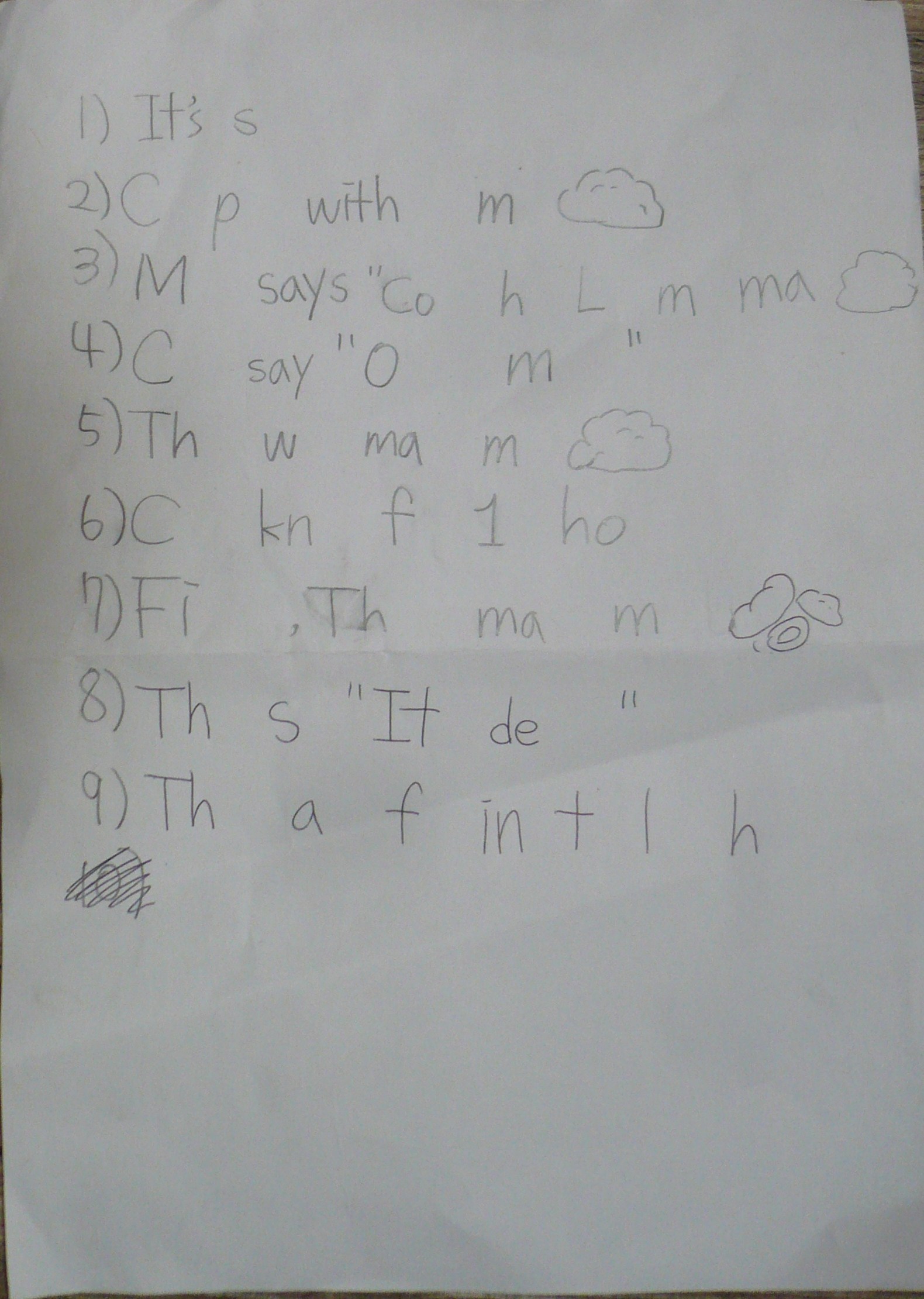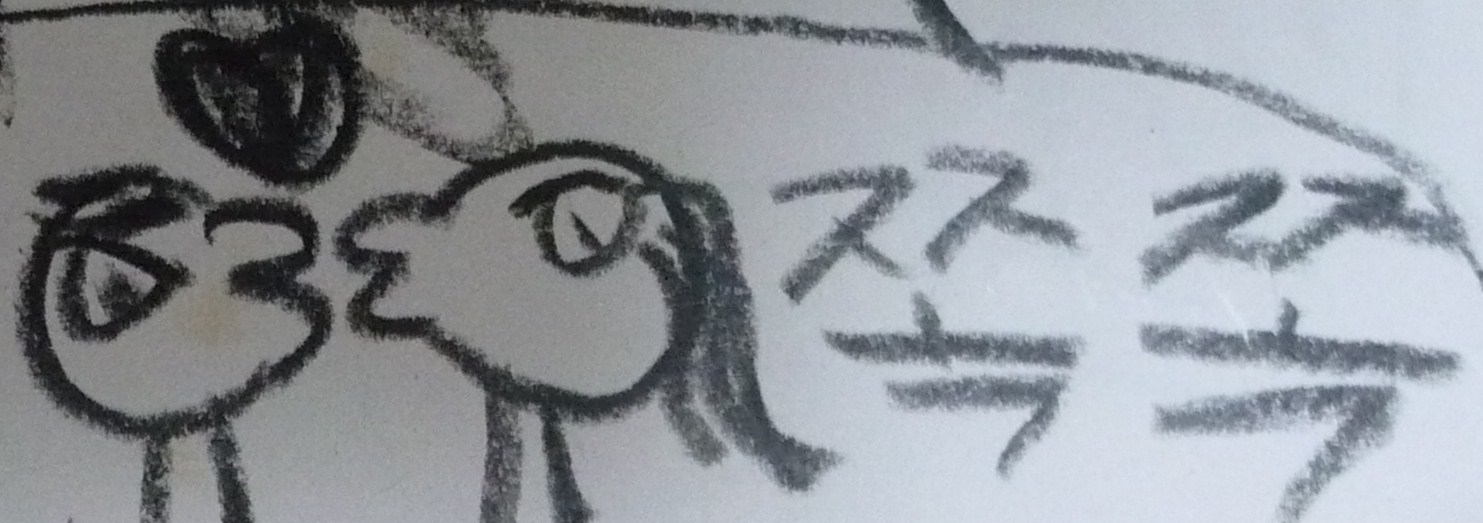I'm writing this as I ride the bus to work. Sometimes I do writing on the bus – it's a good use of the commute time. I save a file, and move it to my online cache or post it later.
After my previous post, which was depressing in tone, I was meditating. Well… I was attempting to meditate – I don't really think that what I do counts as "real" meditation, although it might count, under some zen-like definitions. Mostly, I watch my monkeymind as it monkeyminds around, with a certain effort at detachedness. I was thinking, of course, about the upcoming Move. What worries me, most, about it? Well, I know which building I'm moving to – it's being built by the school. The school will be my new landlord. This is terrifying, because the school has a notably horrible track-record in managing other aspects of its physical plant. Therefore I expect, with 100% certainty, substantial problems in at least one of the following areas: utilities and internet (90% chance); appliances and things falling apart – despite (or because of) it being a new building – (60%); lack of essential furnishings (40%); plumbing problems (99%). Et cetera.
As I was thinking, however, I tried really hard to find and enumerate the positives. And there are quite a few, actually: 1) the commute will be reduced from 50 minutes each way to less than 5 minutes each way; 2) I will not miss living in Yeonggwang, which is still, by far, the ugliest town I have known in Korea – a country not noted for its attractive efforts at urbanization; 3) the chances that the new apartment is smaller than my current one are probably about nil; 4) I will save money on at least the commuting aspect – I'll be paying no more of the 3400 KRW daily in bus fares, which will add up over my last several months; 5) hopefully money can also be saved vis-a-vis the apartment billing too – my current building nickel-and-dimes me on mysterious building maintenance fees quite a bit – but with the school being the landlord, I might have more opportunity to push back on that kind of thing.
But there was a real, amazing victory right in front of me, too. It was something altogether different. Yesterday morning, I went to bow to my principal in the morning, as I generally try to do. And after bowing, he approached me and spoke to me about this apartment matter – in Korean. That's how I got the confirmation of the rumor. Yes, I received the news in the Korean Language. Entirely. I even caught some of subtleties of the communication: "did I happen to know that…?" "I hope you'll be OK with…." And this is, upon reflection, a suprising accomplishment. I was receiving work-related news from my principal in Korean and I wasn't even really thinking about the fact that it was in Korean. I didn't understand everything – I never do: impressionistically, it's kind of "blah blah new apartment blah blah in february blah blah I hope that's OK blah blah." But I had no sense that there was some important ambiguity in the communication that I was missing. It was simply what he was telling me. And that was a linguistic triumph.


